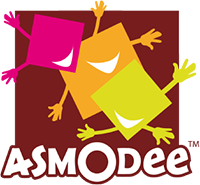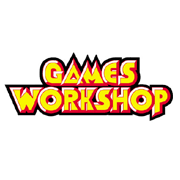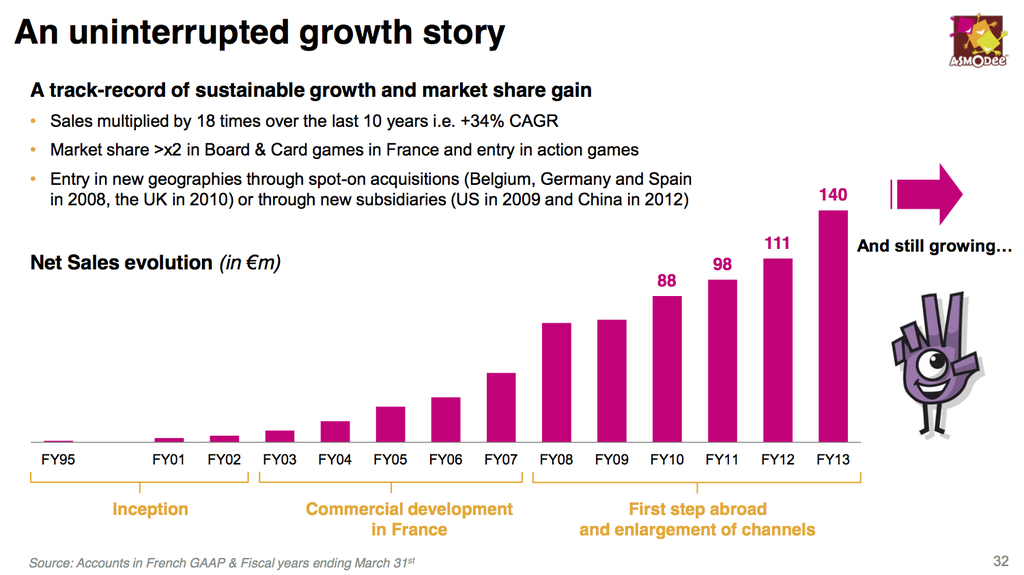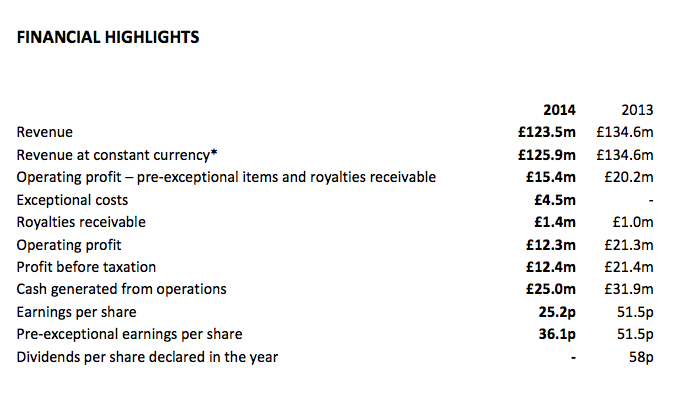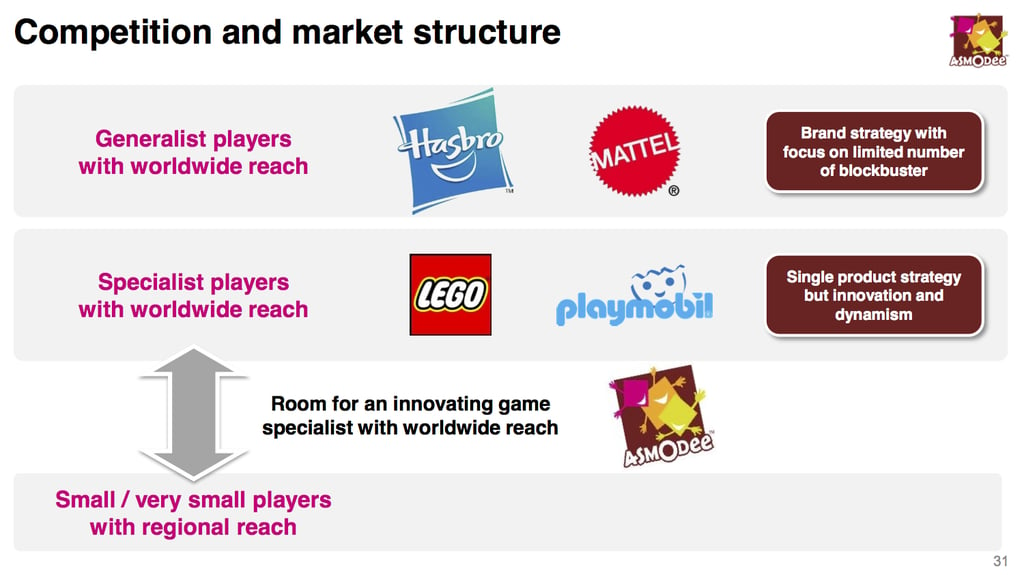Games Workshop vs Asmodee: A Tale of 2 Companies
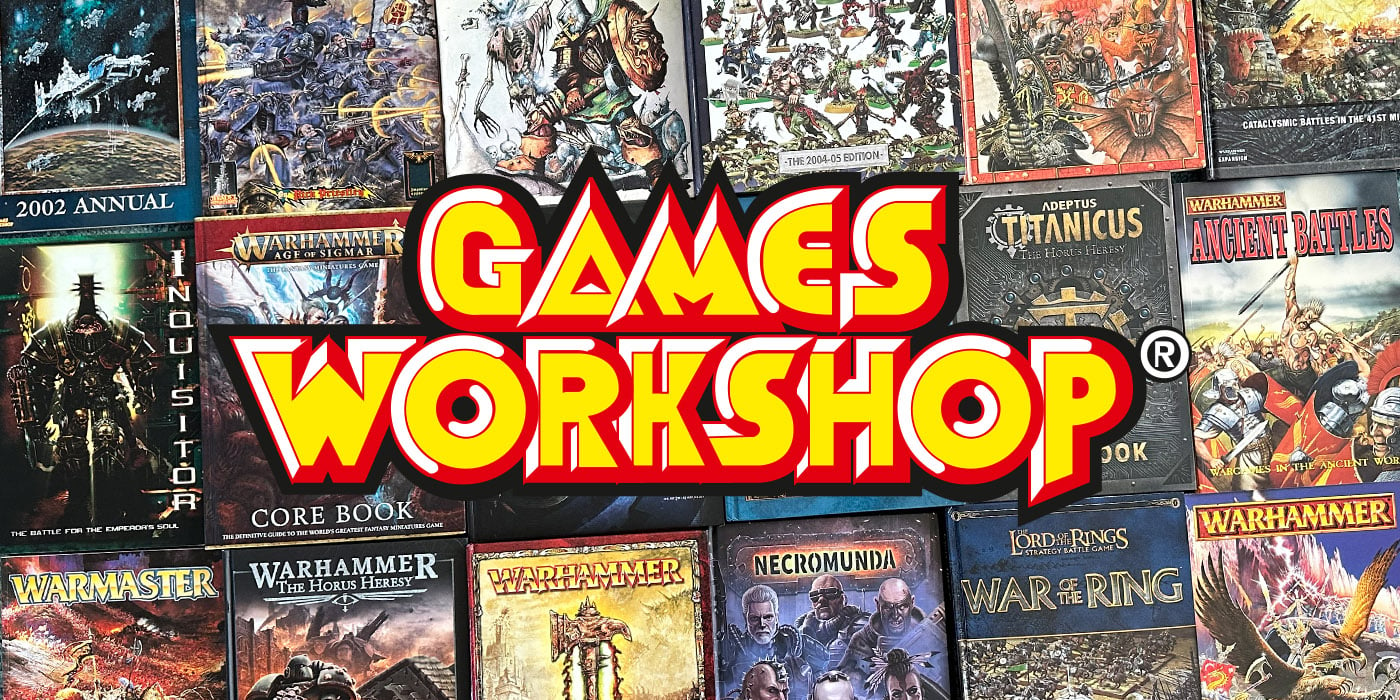

Take a look at the financial reports from GW and Asmodee (just recently acquired FFG). The industry is changing fast gamers…
You can learn a lot about a company by taking a look at their financial reports and statements. When Asmodee announce their acquisition of Fantasy Flight Games, folks took notice. Here are two documents I want you to look at:
Asmodee Financial Overview 2014
(PDF, Asmodee section starts on p.25)
and
Games Workshop Financial Report
(pdf, annual report 2014)
Here are some graphics to give you a taste of what’s in there.
From Asmodee’s Financials:
Look at that growth and revenue curve….
Now compare with GW’s financials…
What’s interesting is to see the diametrically opposed strategies both companies are pursuing. GW is all about 100% owned IP. They are reticent to stake out new IPs and instead continue to mine ever deeper into their Warhammer Fantasy and 40K universes. They have licensing deals for IP-based videogames, and non-miniatures games with FFG. They continue to focus on the tabletop minaitures niche with the even-more niche Forgeworld, and publishing arm Black Library.
Asmodee on the other hand is all about acquisitions of entire companies of games designed to hit all segments of the market from casual, to card games, to hardcore and “deep” games, and have a blend of both self-owned IP, and heavily licensed IP games (STAR WARS, Game of Thrones etc…). In the last year alone, Asmogee has acquired multiple companies including big outfits like FFG and it shows. This year’s sales are now listed at:
Latest Annual Sales:
Asmodee: 200 Million Euros (149.5 Millions Pounds Sterling) Up from 140 Million Euros the previous year
Games Workshop 165.1 Million Euros (123.5 Millions Pounds Sterling) Down from 134.6 million Pound Sterling the previous year
Next consider what Asmodee considers it’s competitors: Hasbro, Mattel, LEGO, Playmobil and you can see the picture starting to form. Those companies are not realistically GW competitors.
There are a lot of corporate lessons here to learn. But If I were a betting man, you can start to paint a picture of what the tabletop gaming industry is going to look like a couple of years down the road. It’s going to be a very interesting next few years to see where both of these company’s respective CEOs take them.
~Who do you think are going to be the biggest tabletop games 2 years down the road – and why?


